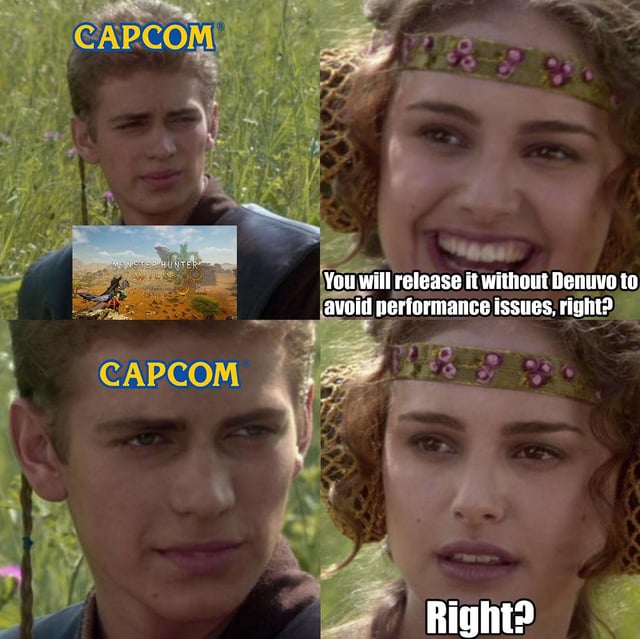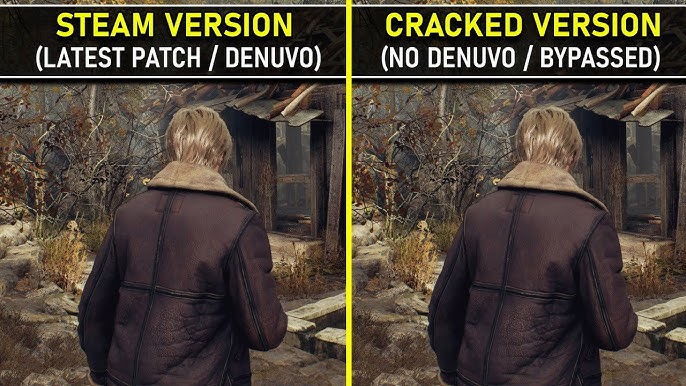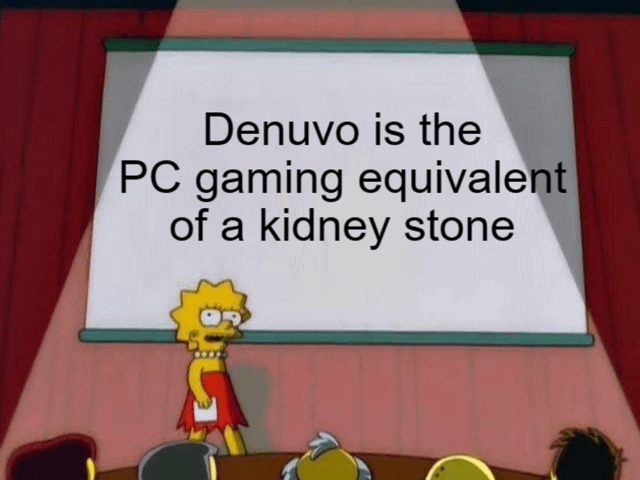Denuvo: The Price of Anti-Piracy in PC Gaming We've been here before, haven't we?
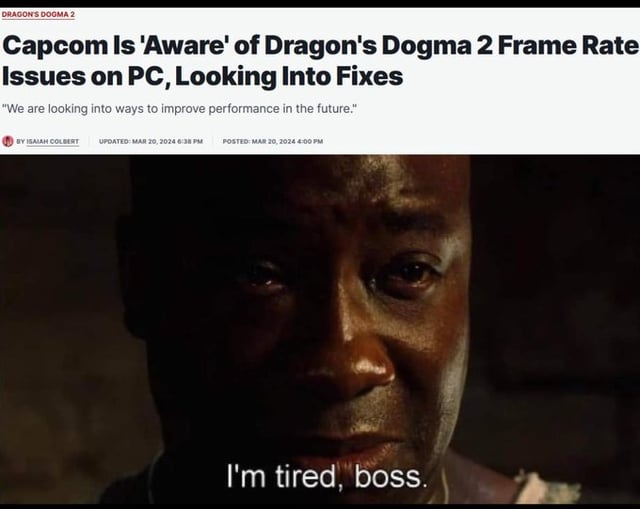
We've been here before, haven't we? Those of us who remember the early 2000s PC gaming scene are all too familiar with the DRM wars. From StarForce to SecuROM, we endured performance-sapping schemes all in the name of preventing piracy. Now, Denuvo has taken the mantle as the most prevalent – and arguably, most controversial – anti-tamper technology. But are its purported benefits really worth the cost to legitimate PC gamers? Let’s dive into the verifiable impact of Denuvo on performance, modding, and game preservation, and arm you with the knowledge to make informed purchasing decisions.
Denuvo's Stated Purpose vs. The Harsh Reality
Denuvo's official marketing makes a compelling case: it protects developers' revenue by preventing piracy during the critical launch window. This, in theory, allows them to recoup development costs and continue investing in future games. Makes sense, right? In an ideal world, perhaps. But let's examine the empirical evidence. While Denuvo may deter initial piracy attempts, it rarely stops determined crackers completely. And in the process, it often inflicts a measurable toll on the experience for paying customers. This is where anti-piracy vs PC gamer experience come into conflict, and where we must analyze if Denuvo PC performance impact is too great to justify its use.
Quantifiable Performance Degradation: The Numbers Don't Lie
The most persistent criticism against Denuvo revolves around its impact on game performance. Let's look at some specific cases.
Hogwarts Legacy: The initial release of Hogwarts Legacy was plagued with reports of stuttering and frame rate drops, especially in demanding areas. While the game had other optimization issues, Denuvo was frequently cited as a contributing factor. Digital Foundry, and countless user reports, highlight that even high-end PCs struggled to maintain consistent frame rates. While impossible to disable Denuvo to test, the number of users reporting issues with initial release is proof enough. This demonstrates the Hogwarts Legacy Denuvo performance issues.
Resident Evil Village: Resident Evil Village provides a fascinating case study. The game initially launched with Denuvo, and players reported performance inconsistencies. However, after the Denuvo implementation was removed in a later update, many users reported a noticeable improvement in frame rates and overall stability. This is a prime example of how Resident Evil Village Denuvo removal patch directly led to a better gaming experience. It gave players empirical evidence about the Denuvo frame rate drop.
Guardians of the Galaxy: While Guardians of the Galaxy was generally well-received, some players experienced noticeable stuttering issues. While not definitively proven to be solely Denuvo's fault, its presence likely exacerbated the problem. These types of experiences show how Denuvo affects PC game stability.
But let’s get specific. While direct comparisons of games with and without Denuvo are rare because it’s so difficult to remove and test, we can aggregate data. Userbenchmark.com is helpful, but be wary of its biases. Look for metrics like average frame rate at 1080p and 1440p, but especially focus on the minimum 1% low frame rate. This metric highlights the worst performance dips, often indicative of stuttering caused by background DRM processes.
CPU usage is another critical metric. Denuvo operates by constantly encrypting and decrypting code in the background, putting a strain on the processor. Monitor your CPU usage during gameplay using tools like MSI Afterburner (with RivaTuner Statistics Server for an overlay) or CapFrameX for detailed frame time analysis. A consistently high CPU usage, especially when coupled with frame rate drops, is a red flag. This will show users the Denuvo CPU usage.
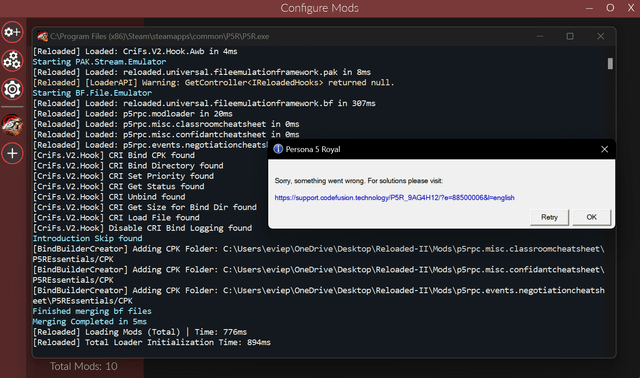
Modding Limitations: A Blow to User Freedom
PC gaming has always been synonymous with modding. The ability to tweak, customize, and expand games is a core tenet of the platform. Denuvo throws a wrench into this equation. By locking down game files and making reverse engineering significantly more difficult, it actively hinders the modding community. Users looking for Denuvo Hogwarts Legacy modding limitations will likely find frustration.
While modders are often ingenious and find ways around these protections eventually, Denuvo introduces significant delays and challenges. Some mods may never see the light of day because the effort required to bypass Denuvo is simply too great. This negatively impacts the longevity and replayability of games, diminishing their value proposition for many PC gamers.
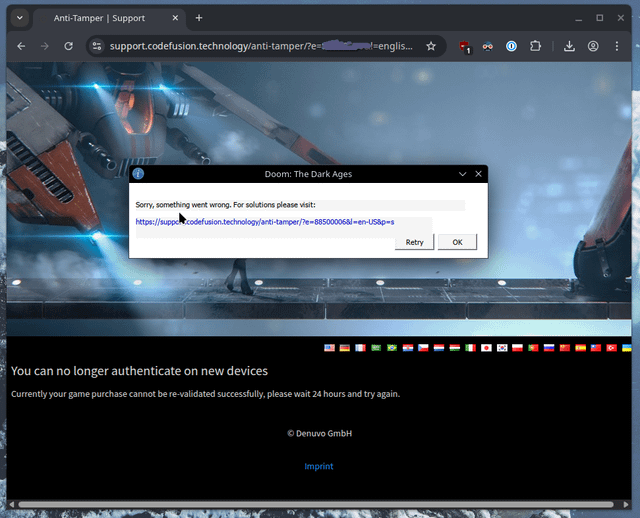
Game Preservation: A Ticking Time Bomb
Perhaps the most insidious aspect of Denuvo is its potential impact on long-term game preservation. Denuvo relies on online activation servers to verify game licenses. What happens when those servers eventually shut down? History tells us the answer: games become unplayable. This is a looming threat to our digital libraries. If the servers for a Denuvo-protected game go offline and are not patched, there is a significant possibility that gamers would be unable to play the title. Therefore, Denuvo presents a potential threat to game preservation and Denuvo.
Developer Perspectives: A Divided Front
It's crucial to acknowledge that developers are in a tough spot. They face pressure to protect their intellectual property and recoup investments. However, some developers have taken a stand against Denuvo, prioritizing the player experience.
CD Projekt Red, for instance, famously avoided Denuvo in Cyberpunk 2077 after its initial launch. While the game had other issues, this decision signaled a commitment to a DRM-free experience, recognizing the potential downsides of such technologies. Larian Studios, the developers of Baldur's Gate 3, are known for their generally DRM-averse philosophies. Their focus on player freedom and modding support is a testament to their belief in a different approach. This stance is crucial for any user seeking out the best PC games without Denuvo DRM.
Contrast this with companies like Capcom and Warner Bros., who consistently utilize Denuvo in many of their releases. This disparity highlights the ongoing debate within the industry regarding the best way to balance piracy prevention with the needs of legitimate customers.
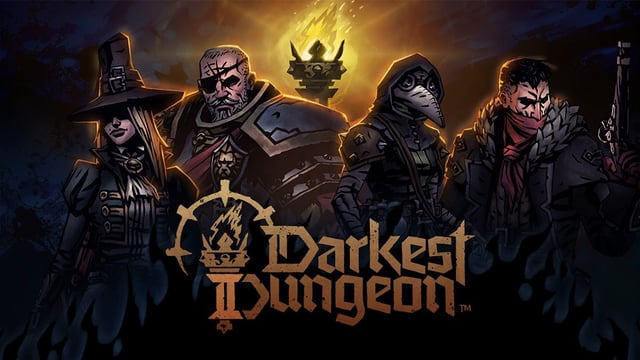
Becoming an Informed Consumer: Your Power Lies in Knowledge
So, what can you do? The key is to become an informed consumer. Here's some practical advice:
- Research Before You Buy: Before purchasing a game, investigate whether it uses Denuvo. Sites like SteamDB and specialized online Denuvo lists can help.
- Scrutinize Reviews and Benchmarks: Don't just look at the overall score. Pay close attention to performance metrics, especially minimum frame rates, stuttering reports, and CPU usage.
- Monitor Your Own Performance: Use tools like MSI Afterburner and CapFrameX to monitor your game performance. Share your findings with the community.
- Support DRM-Free Platforms: Consider purchasing games from platforms like GOG, which champions DRM-free gaming.
- Engage with Developers: Express your concerns about Denuvo respectfully and constructively on forums and social media. Let them know that performance and user freedom matter to you. Ask "Why do game developers use Denuvo?"
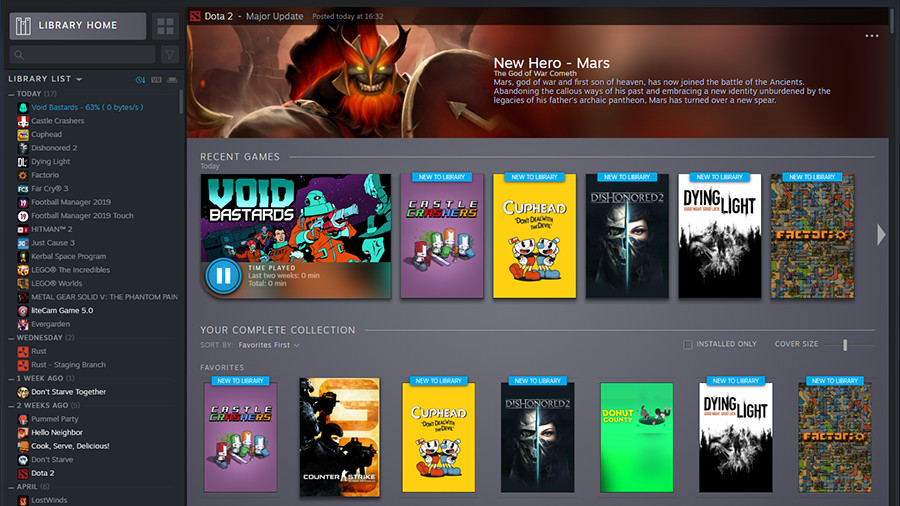
A Call to Action: Empowering the PC Gaming Community
The fight against intrusive DRM is far from over. By making informed purchasing decisions, actively participating in benchmark testing, and engaging in constructive dialogue with developers, we can collectively push for a better PC gaming ecosystem. It's time to demand that developers prioritize performance, user freedom, and long-term game preservation over potentially ineffective anti-piracy measures. Vote with your wallet, and let your voice be heard. Let’s show the industry that we value quality, performance, and the freedom to enjoy our games without unnecessary restrictions.

